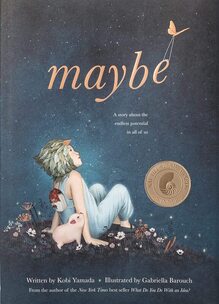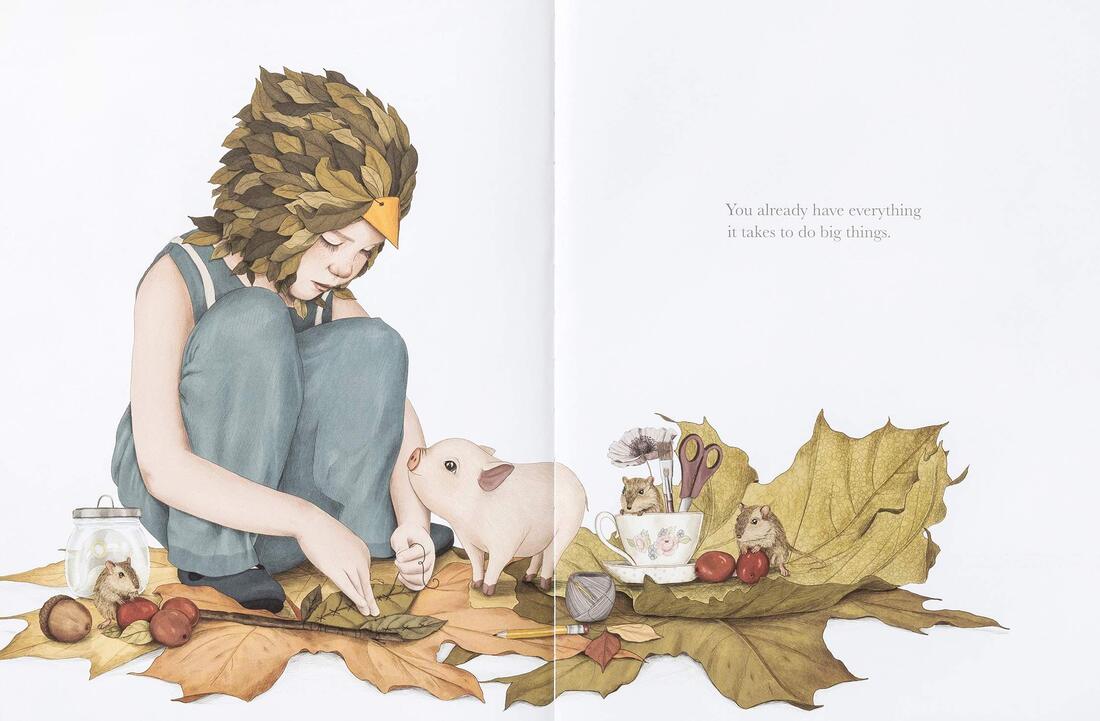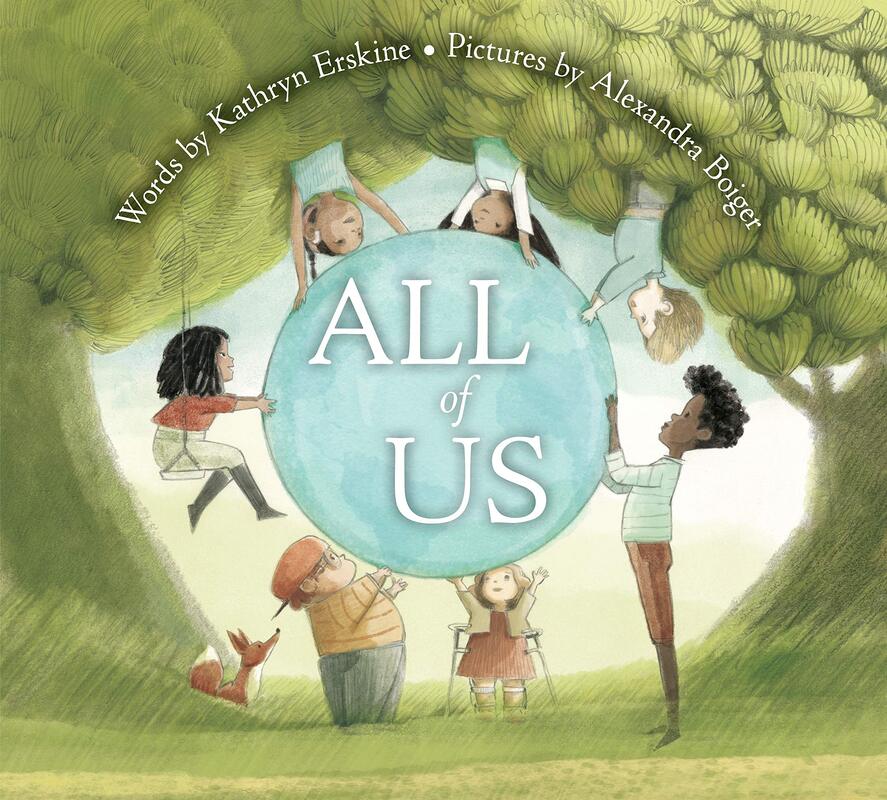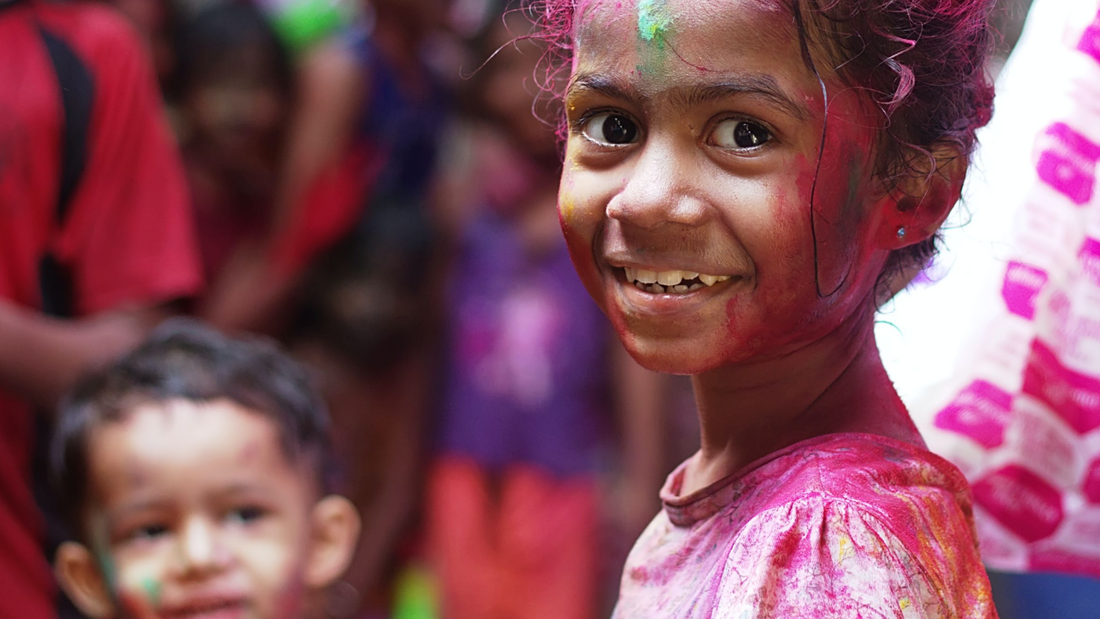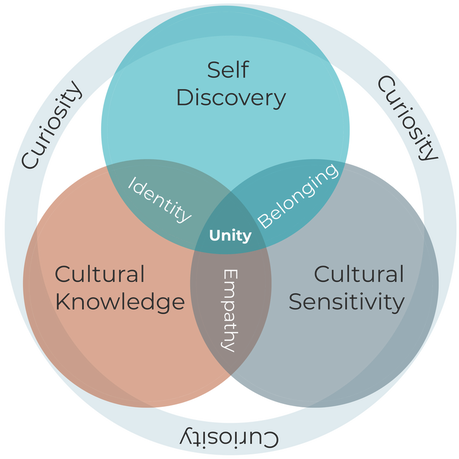Truly, the world has been waiting centuries for someone like you! Waiting for someone like each one of the children on this planet! Imagine the impact our youth would have if they owned this truth. Unfortunately, maybe is being ignored. What they might accomplish, achieve, or who they might become is overshadowed by present day tasks and responsibilities that are disconnected from a "picture of a special future". Is it really about them getting A's in school? About them excelling with an instrument? In a sport? As an artist? No. It is not about their excellence today. It is about how their experiences today will contribute to their impact tomorrow. My son is not an academic, my daughter is. My daughter is not a natural athlete, my son is. Regardless of where they excel, their potential to impact this world is equally grand. Their unique gifts, strengths, and interests help me to instill in them a "picture of a special future". A Picture of a Special FutureKobi Yamada exemplifies what I try to instill in every child we have the pleasure of working with, including my own. They are not here on this earth to get good grades, to become a soccer star, or an exemplary musician. They are here to absorb as much growth and development as they can in order to provide the greatest impact possible. When we share future possibilities with our children, they become motivated to bring them to fruition. Additionally, we teach them to visualize their future potential as well. How are you helping your children to realize a picture of their special future? Does this picture go past their current school year? Calendar year? Do they see their unique gifts and strengths and connect them to their potential for impact now? Encourage Children To Do Big ThingsMy daughter is 13. She is a pianist, a cellist, a basketball and lacrosse player, an artist, an innovator, and a leader. Despite all these wonderful gifts and qualities in her, nothing brings her more joy than working with young children. She comes alive when she is put in a role to care for or teach "littles". She has wanted to be a teacher since she was two years old and has not wavered from this for a moment. Her future is undoubtably special. However, she is not waiting for her future to use her gifts. She is actively using her gifts now to impact the world. She has everything it takes to do big things. Aside from babysitting, she looks for any opportunity to work with children. She has organized and led a week-long camp for kids and consistently volunteers at our church's children's ministry. Despite all of this, I am sure she does not know how much she truly matters. This book has prompted me to remind her and her brother everyday. Do Your Children Know How Much They Matter?Kobi Yamada, uses Maybe to deepen readers' curiosity about themselves, their purpose, and their potential. He presents many valuable life lessons within this short book that should be adopted and exemplified in each person's life. Your children matter! It is up to us - parents, educators, and school leaders - to instill this message in our children. We have a responsibility to remind children daily how much they matter. If we do this, then maybe their "picture of a special future" will become a reality. And maybe, their future reality will change the world.
0 Comments
Author Kathryn Erskine grew up cross-culturally, splitting her developmental years between Europe, Africa, and North America. Like many Cross Cultural Kids (CCK's) - a person who has lived in or meaningfully interacted with two or more cultural environments for a significant period of time during developmental years - Kathryn had to re-establish a sense of belonging at each school and with each move. She had to cultivate her "we". Have you ever considered that "we" is not possible without "me"? This is one of the many reasons why we love, All of Us. The author starts and ends the book with "me". One little girl, all alone in the world, who introduces the collective possibilities of humankind. Effective Global CitizenshipAnother reason why we love this book, is because we feel it exemplifies our definition of global citizenship and supports our mission to unify school communities. We believe you can be an effective or ineffective global citizen. It is because of this, we champion effective global citizenship, rather than global citizenship. Effective global citizenship requires three elements:
This last criteria may be the most challenging, but is also the most rewarding. It is through our willingness to learn from others that we become more effective. This requires vulnerability and empathy; skills not readily practiced and that cause discomfort. Erskine's UtopiaThe third, and most significant reason we will use and share, All of Us, is because of the vision carried through the story. Erskine's story presents a utopia of unity. She captures the possibility humanity has when we shift our perspective from a local "we" to a global "we". I am sure Kathryn carries challenging memories of division and separation throughout her moves as a child. But, I would hasten to say, she also witnessed unlikely collectives providing a positive impact on this world. I am sure she has seen the potential in specific examples throughout her travels. It is through this lived experience, that All of Us carries an authentic and hopeful message. Ultimately, whether you are a child or adult, this is a beautifully written and illustrated book that provokes greater unity and instills hope. ApplicationCultured Kids boasts the potential for picture books to transform individuals, families, classrooms, and schools. We believe picture books are for all people, all ages, all stages. The right picture book could simplify a message you have been trying to share with your staff, your classroom, or your children. Additionally, the introduction and discussion around picture books can be a refreshing change of pace. It is with this in mind that we have created a book discussion and resource tool for school leaders, educators, and parents. Additionally, while I would encourage you to use this tool to insight change within your school, classroom, or home, I would also encourage you to reflect on your own personal development as well. Author Lois Lowry presents a colorless, isolated, and mundane community in The Giver. While the authors’ focus was on presenting a dystopian world of sameness, I also believe it is a good example of incuriosity. The homogenous and industrial nature of the roles community members play, the manner in which they speak, and the ease with which they extinguish members of society, are all acceptable because it is all they know. They are isolated from the outside world, they are ignorant of diversity of thought, culture, or language. They are unknowingly living a bland and dead life. While I feel fortunate to live in a region that showcases diversity, many people do not get to. We easily characterize regions or groups as, “living in a bubble”. Individuals can also find comfort in their own thoughts and beliefs, never stepping outside of themselves to engage another persons’ perspective. Additionally, living in a diverse region does not automatically yield greater open-mindedness, curiosity, or empathy. Just like Lowry’s unnamed community, learners today are growing up in homes and societies that are saturated with false truths or championing of sameness. Challenging Your Student’s False TruthsFalse truths come from actively knowing bits of information, ideas, or perspectives that are actually false. Sadly, many false truths will go undisputed or undisrupted. In some cases it is because they weren’t tested. However, if they are tested, pride, bias, and incuriosity can keep students from exploring them. In The Giver, a twelve year old boy named Jonas was selected to become the new “receiver of memory.” His safe and controlled life was completely disrupted when his new role required he alone become the sole recipient for all memories throughout time. While his exposure to complex human emotion and the depth of human history released him from his cage of ignorance, he was alone in it. Others in his community were still living in blissful ignorance. Whether blissful or not, we are all living with some type of ignorance. There are things we are knowingly ignorant of and can seek understanding for; however, ignorance can also define those things we actively know and believe to be true that are false. As humans, our first instinct is to challenge others’ thoughts, ideologies, or perspectives that you believe are wrong. We rely on rhetoric, repetition, or power to force change. While there can be a place for each of these attributes, genuine and lasting change has to come from within. If we know all learners believe false truths (as do all people) and that these false truths need to be changed from within, then our primary effort should be to arm learners with a tool to encourage self-evaluation and self-transformation. Curiosity Is The Catalyst For ChangeCuriosity is the greatest tool we can strengthen in students to support lifelong learning within themselves, relationships, and the world.
It is with this belief that our concept framework was formed. We see the authentic unity within school communities at the convergence of social and emotional learning and cultural competency. We also believe that exponential growth in these areas will not occur without genuine curiosity. Curiosity encourages diverse relationships, new life experiences, and varied interests. Living curiously will result in your learners discovering and allowing new iterations of themselves over time. Armed with curiosity, learners will not limit their identities, beliefs, or values to what others say they are or should be. Instead, it will give them the freedom to question, evaluate, and evolve. Furthermore, curiosity keeps them from limiting one another as well. |
�
Categories
All
Archives
September 2023
|
Follow Us
© Cultured Kids Inc.

